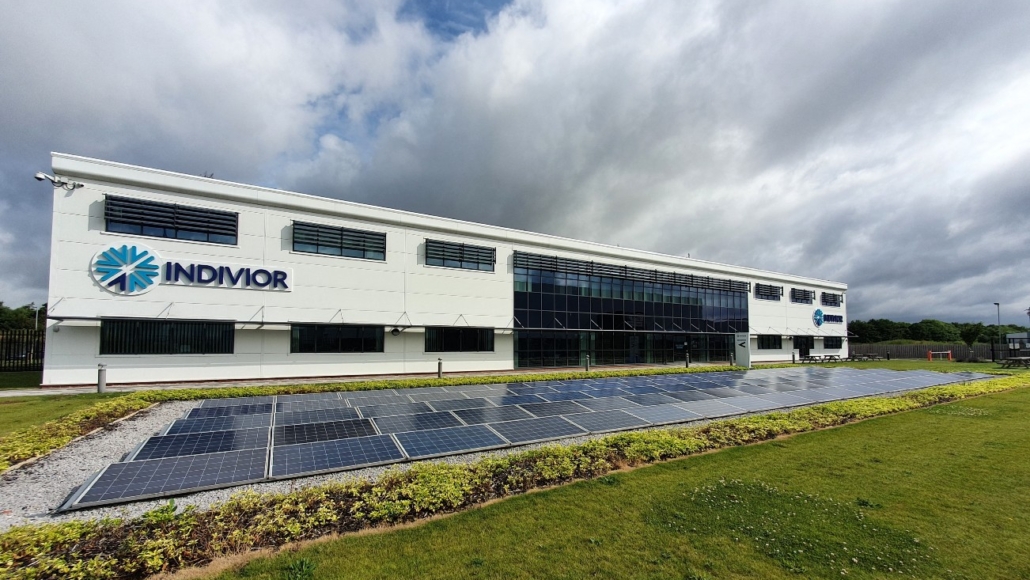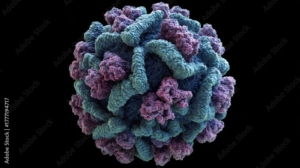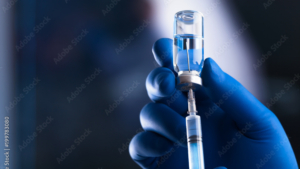
Individor set to waive AEF0117 licence after Phase IIb failure
Following the failure of Aelis Farma's lead candidate AEF0117 in a Phase IIb study in patients with cannabis use disorder or cannabis-induced psychosis, Individor plc has stated that it will not exercise its licence option until Aelis has submitted a final data analysis.
Setback for Aelis Pharma: AEF0117, the first and partnered inibitor of the CB1 receptor of the endocannabinoid system (CB1-SSi), did not significantly help patients with cannabis use disorder (CUD) and cannabis-induced psychosis (CIP) to reduce cannabis use in a Phase IIb study. The endpoint of a statistically significant reduction in cannabis use by at least one (primary endpoint) or 2 days (secondary endpoint) in patients with moderate to severe CUD and with CIP compared to placebo was not achieved even at the highest AEF0117 dose of 1mg. The Bordeaux-based company, which will present results of a Phase I/II study with its second CB1-SSi inhibitor AEF0217 for the treatment of Down syndrome in Q4/20024, now intends to analyse the reduction trend at the highest AEF-0117 dose in detail and make dose adjustments if necessary.
AEF-0117 has been partnered with Individor plc since June 2021 via an exclusive licence option agreement, which included an upfront payment of US$30m. Positive Phase IIb results would have triggered a US$100m milestone and the licensing of AEF-0117. Individor is now keeping a low profile and has stated that it does not intend to exercise the licence option until the final analysis by the French is available.
Aelis Farma has been convinced that its synthetic drug candidates selectively inhibit the disease-related activity of the CB1 receptor without disrupting its normal physiological activity. With regard to the failed Phase II trial, the company speaks of a surprisingly weak placebo effect with regard to the endpoints.
In the study, patients with moderate to severe (82%) CUD who used cannabis at least five times a week received a daily dose of 0.1mg, 0.3mg or 1 mg of AEF-0117 for 12 weeks. The CB1-SSi-Blocher proved to be safe and well tolerated but ineffective. However, at the highest dose, anxiety and depression symptoms as well as sleep quality improved almost significantly in contrast to CB1 inhibitors. The company is now investigating this trend in detail.
According to Aelis Farma, some of the observed decreases were statistically significant in participants with moderate CUD. These data are in agreement with the positive results of the Phase 2A study, in which only quantitative endpoints were measured, and the largest population of participants had a moderate CUD


 stock.adobe.photo.com/Popelniushka
stock.adobe.photo.com/Popelniushka  Boehringer Ingelheim
Boehringer Ingelheim Adobe stock photos - Alernon77
Adobe stock photos - Alernon77